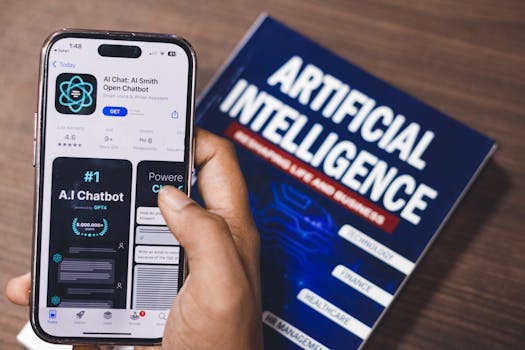
The Future of Education: What 2025 Holds
The future of education is undergoing a significant transformation, driven by technological advancements and shifting societal needs. In 2025, we can expect to see a more personalized, accessible, and interactive learning experience. The focus keyword, Future of Education, is at the forefront of this revolution, as educators, policymakers, and technologists work together to create a more effective and efficient learning system.
Introduction to the Future of Education

The traditional classroom model, with its one-size-fits-all approach, is no longer sufficient to meet the diverse needs of students in the 21st century. The Future of Education is about creating a more flexible, adaptive, and responsive learning environment that caters to individual differences and learning styles. This can be achieved through the integration of emerging technologies, such as artificial intelligence, blockchain, and virtual reality, into the educational landscape.
Trends Shaping the Future of Education

Several trends are shaping the Future of Education, including:
- Personalized Learning: Tailoring the learning experience to individual students’ needs, abilities, and interests.
- Online and Blended Learning: Combining traditional face-to-face instruction with online learning opportunities to increase flexibility and accessibility.
- Artificial Intelligence and Adaptive Technologies: Using AI-powered tools to create personalized learning pathways, provide real-time feedback, and enhance student outcomes.
- Virtual and Augmented Reality: Utilizing immersive technologies to create interactive, engaging, and experiential learning experiences.
- Competency-Based Education: Focusing on students’ demonstration of skills and knowledge rather than traditional age-based grade levels.
The Role of Technology in the Future of Education

Technology is playing a vital role in shaping the Future of Education, enabling educators to create more effective, efficient, and engaging learning experiences. Some of the key technologies driving this transformation include:
- Learning Management Systems: Providing a platform for online course delivery, student assessment, and feedback.
- Artificial Intelligence and Machine Learning: Powering adaptive learning systems, chatbots, and virtual teaching assistants.
- Virtual and Augmented Reality: Enhancing student engagement, motivation, and understanding through immersive experiences.
- Blockchain and Distributed Ledger Technology: Securing student records, verifying academic credentials, and facilitating lifelong learning.
Challenges and Opportunities in the Future of Education

While the Future of Education holds much promise, there are also challenges and opportunities that need to be addressed, including:
- Digital Divide and Access: Ensuring that all students have equal access to technology, digital resources, and internet connectivity.
- Teacher Training and Support: Providing educators with the necessary skills, knowledge, and support to effectively integrate technology into their teaching practices.
- Student Data Privacy and Security: Protecting student personal and academic data in the face of increasing cyber threats and data breaches.
- Equity and Inclusion: Promoting diversity, equity, and inclusion in education, particularly in the context of emerging technologies.
Conclusion: The Future of Education in 2025

In conclusion, the Future of Education is a complex, multifaceted, and rapidly evolving landscape. As we look to 2025, we can expect to see significant advancements in personalized learning, online and blended learning, artificial intelligence, and virtual and augmented reality. However, it is crucial that we address the challenges and opportunities associated with these developments to ensure that the Future of Education is equitable, accessible, and effective for all.






